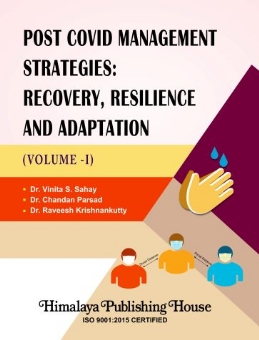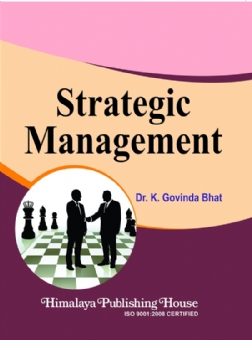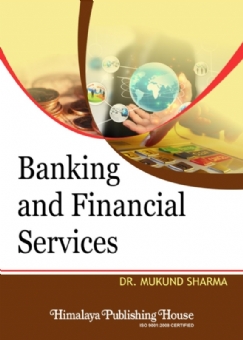COVID-19 is an ongoing global crisis with multifaceted dimensions. The pandemic has come on top of a range of pre-existing health, socio-political, and economic crises. The coronavirus pandemic has forced every company to move knowledge work from their offices to their employees’ homes. The persisting challenge calls for institutions to be flexible and agile. Right now, everyone is wondering how long it will take for the virus to subside and for work – and the economy – to return to normal. But there’s another question that corporate leaders, educational institutes and government need to ask: What might not and should not return to normal? What are the new ways of operating in the time of the virus might be superior to the old routines? This revelation is transformative, and it is time for the leaders to reorient, rediscover and restructure the existing practice to manage a business effectively.
As governments gradually remove pandemic-induced restrictions and businesses begin to reopen, there’s a sense that we might be on the verge of returning to “normal.” It has important implications for marketers trying to build lasting relationships with customers. How are the firms going to compete for customers based on the quality of remote worker support? Marketers will need to think hard—and differently—about what the consumer in the next normal will think, feel, say, and do. Pandemic compelled managers to rethink on management practices. Now, remote work will become the rule for many jobs, digital business models will become the only viable models in many sectors, and new leadership skills are required to run virtual global companies. The COVID-19 pandemic has broken most of the transportation links and distribution mechanisms between suppliers, production facilities, and customers. Therefore, it is imperative to discuss sustainable production and consumption pattern in the post-COVID-19 world. Even the education sectors of India as well as world are badly affected by this. This crisis has exposed many inadequacies and inequities in our education systems – from access to the broadband and computers needed for online education, and the supportive environments needed to focus on learning. Education systems are increasingly looking towards a sustainable solution.
This book contains ideas proposed by several authors to address challenges in various sectors that have become more prevalent as a result of the COVID-19.
Contents –
1. Remote Working
2. Diversity, Equity and Inclusion
3. Farming New Age Policy
4. HR Analytics
5. Reinforcing Organization Values







